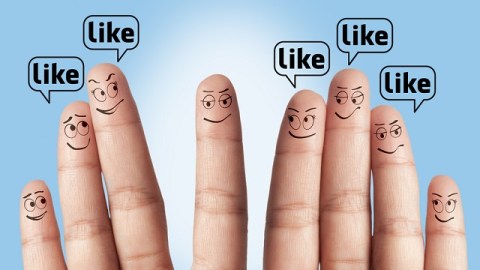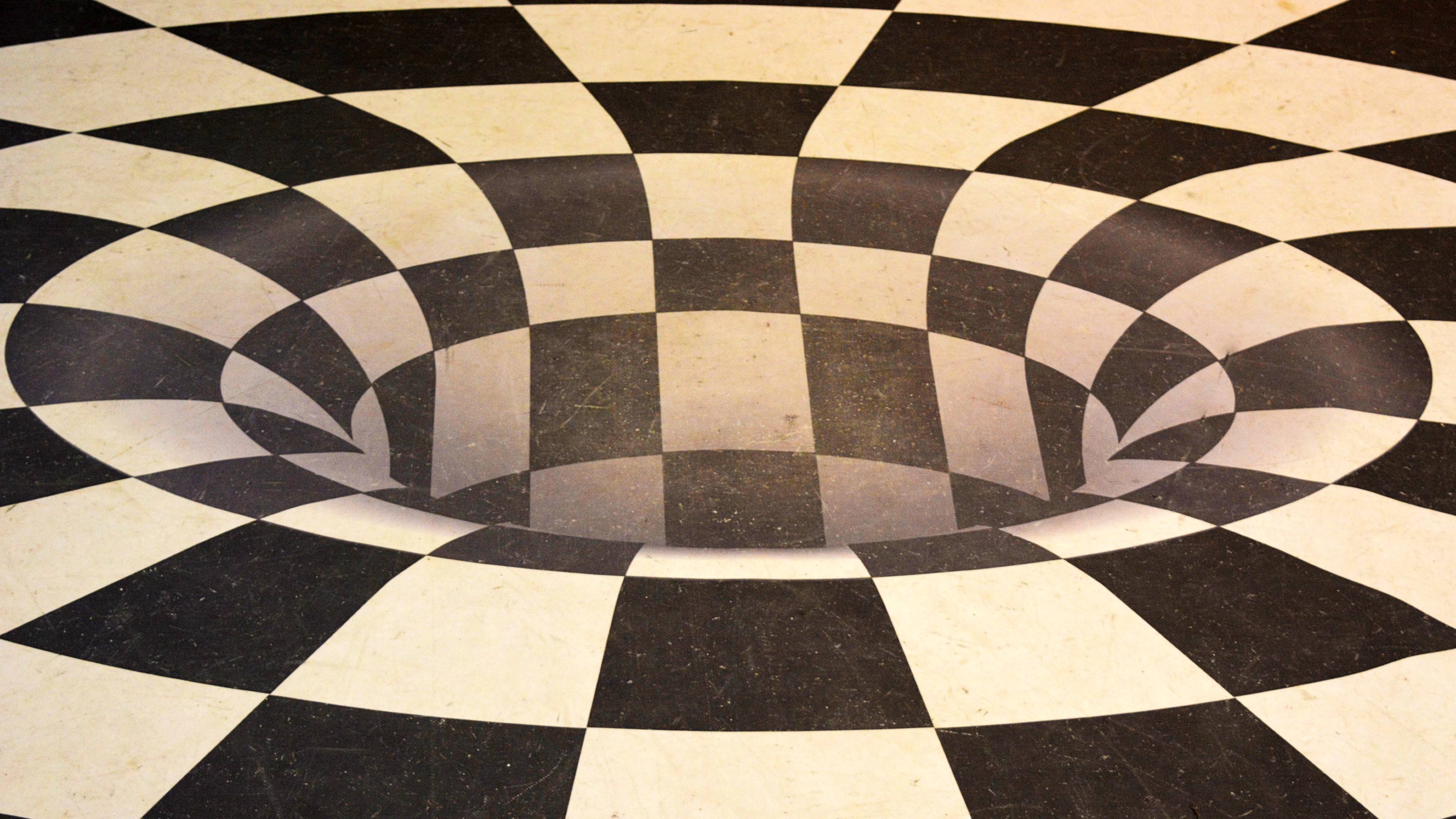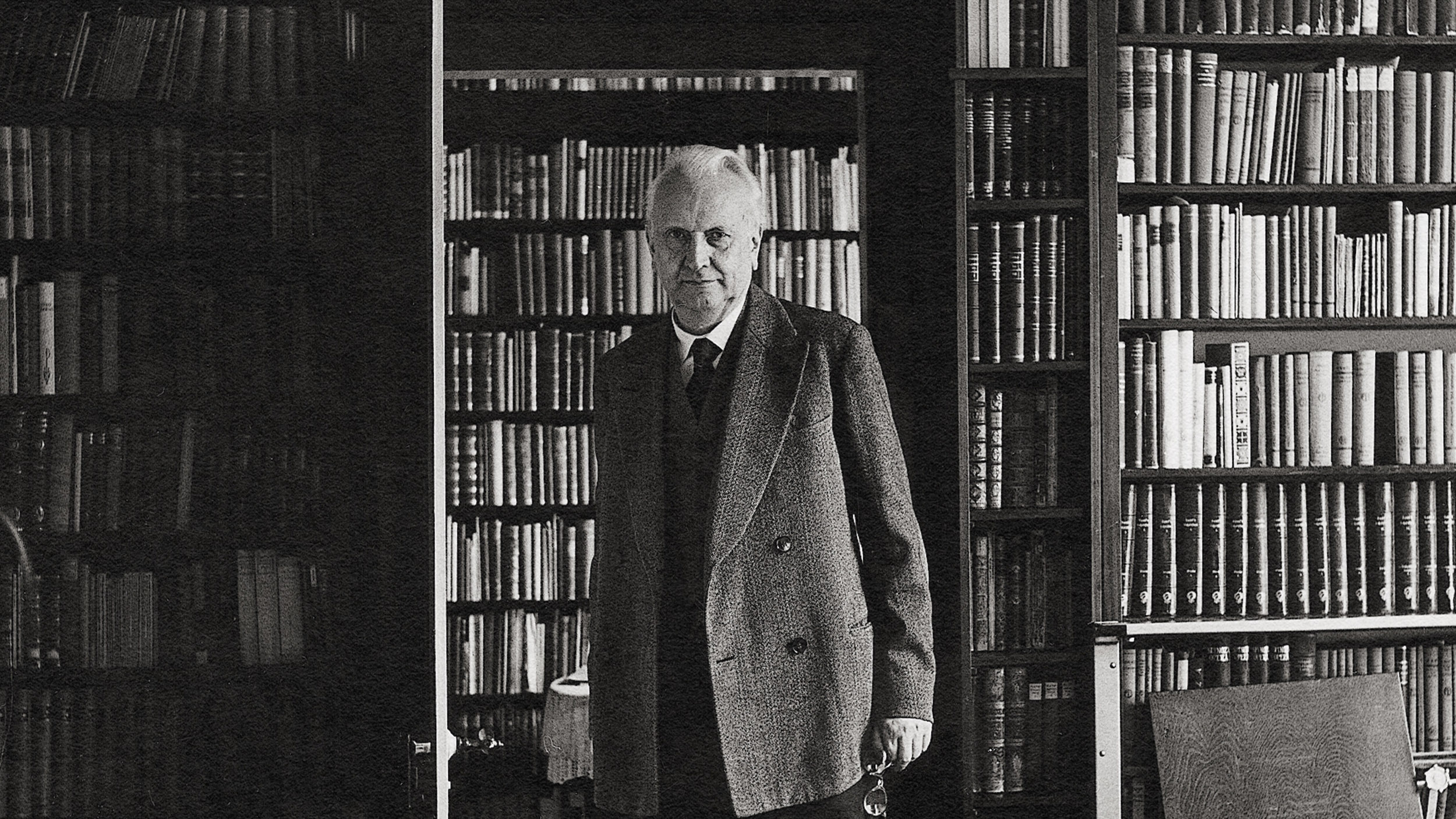What Your Facebook Likes Really Say About You

What’s the Latest Development?
By feeding volunteers’ Facebook “likes” into a set of algorithms and comparing the results to demographic data and psychometric test answers provided separately, researchers at Cambridge University were able to deduce individuals’ race, political leaning, sexual orientation, and other traits with a surprising amount of accuracy. For example, “Christians and Muslims were correctly classified in 82% of cases and relationship status and substance abuse was predicted with an accuracy between 65% and 73%.” The algorithms worked by creating personal profiles based on what things were liked and the frequency with which they were liked.
What’s the Big Idea?
The ability to figure out distinguishable traits via likes alone is good news for social media companies who make money from personalized advertising. However, rarely did the likes reveal traits explicitly, which raised concerns among privacy advocates like Big Brother Watch’s Nick Pickles: “Sharing individual likes or pages might not seem hugely intrusive, but it allows individuals to be categorised and behaviour predicted in areas that are far more personal and sensitive than people realise.” The results of the study were published in Proceedings of the National Academy of Sciences (US).
Photo Credit: Shutterstock.com





